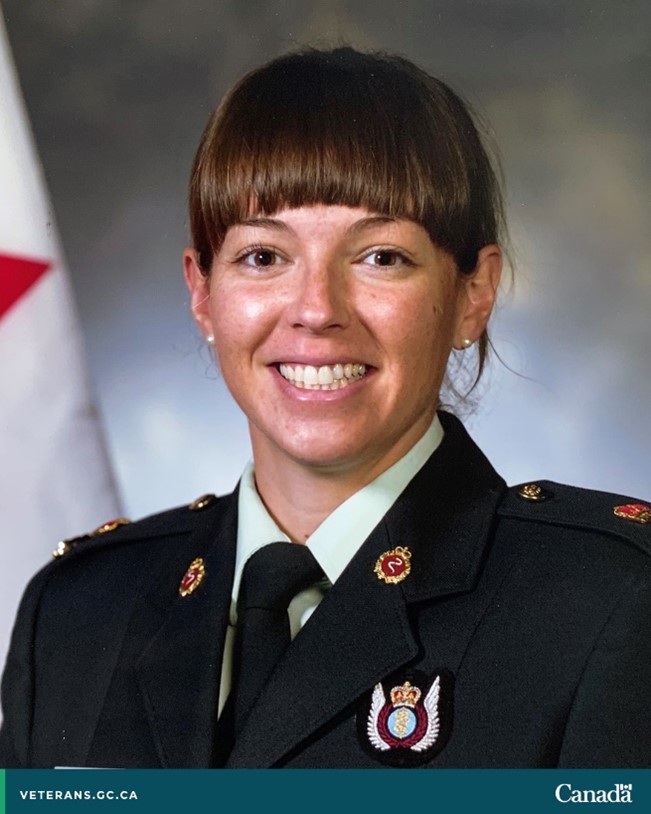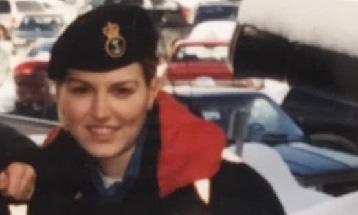In the bewildering first days of the deadly global COVID-19 pandemic, as most Canadians hunkered down, glued to the news for updates - Canadian Armed Forces flight commander Major Marilou Beaucage flew right into the epicentre.
Beaucage and her team helped evacuate almost 200 Canadians stuck in Wuhan, China in February 2020.
“There were so many unknowns at that time. The Canadian government wanted to get them back to Canada,” Beaucage, an 18-year Veteran and mother of two, remembers.
“It was risky because we knew nothing about COVID-19 — all we knew was that people were getting really sick and we had to be prepared to provide urgent care.”
Beaucage remembers she and her team of four nurses and two medical officers with the Aeromedical Evacuation Flight out of Trenton, Ontario, were attracting stares at the Toronto airport as they navigated huge boxes of personal protective equipment, masks and medical equipment. “We joked we were a curling team, we even called one of the guys coach,” she said with a laugh.
“Humour helped. That team spirit gave me the courage and motivation for the mission.”
They flew from Toronto to Hanoi, Vietnam for seven days then into Wuhan where the crowd of evacuees—aged six months to 90 years—applauded them on arrival.
“They were really happy to see us.”
The medical team had four hours to board and test each passenger before the long flight from Wuhan to Trenton, via Vancouver. After a 14-day quarantine on the base, they went home to their families.
“I was tired, I felt uncertain, it was stressful, but the military prepares you for that type of thing,” she said.
“It was very rewarding to be part of that mission.”
Beaucage was part of the Royal Canadian Air Force’s (in collaboration with Canadian Forces Health Services Group) implementation of a new bio-containment approach to transporting infectious patients.
The Aeromedical Single Isolation Bio-containment Unit (ASIBU), allows for the safe isolation of contagious patients so that medical professionals can treat them directly during aircraft transportation.
“The ASIBU capability allows us to safely and effectively transport infectious patients by air, while our medical personnel provide treatment,” she said.
“Our mandate is to provide quality health care in the air, at home and abroad. Caring for patients with an infectious disease adds a significant level of complexity; this new capability is an extra tool to help us bring patients back home or to the appropriate level of care safely.”
Beaucage was awarded a Meritorious Service Medal from the Governor General Mary Simon in 2023 for the mission and for her work on the development of the new equipment.
Many Veterans, like Marilou Beaucage, act with courage every day to help Canadians overcome difficult and dangerous situations.




